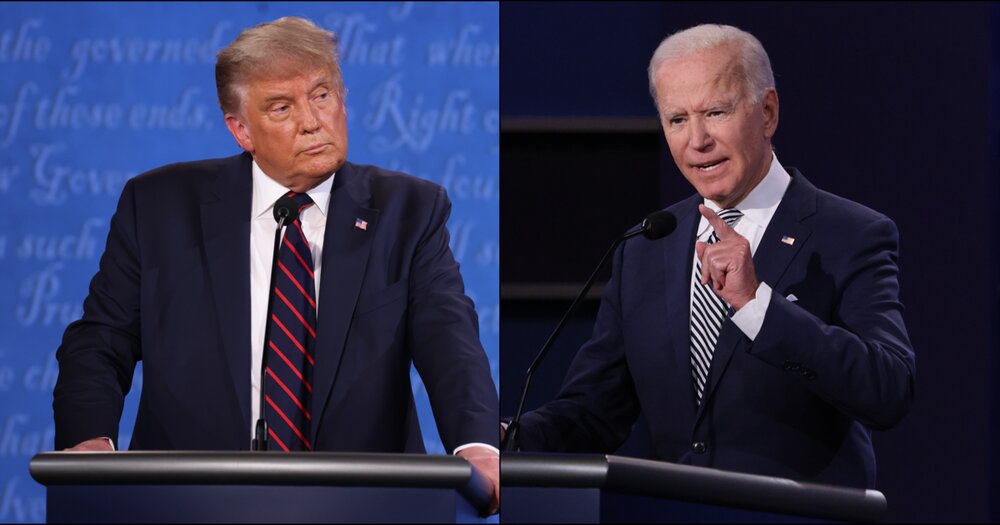Risk of US election aftermath violence can't be discounted: Entessar

TEHRAN– Political scientist says American society is heavily armed and gun sales have skyrocketed in recent weeks, so the possibility of violence in the aftermath of US election can not be discounted.
With the presidential election just days away, the polls indicate that Joe Biden is leading Donald Trump for the presidential election.
But that doesn’t guarantee the Democratic candidate victory. Hillary Clinton also had a clear lead over Trump in the polls for almost the entire 2016 campaign. She ended up losing the electoral votes.
As the 2020 US election campaign draws to a close, voters are both more enthusiastic than in previous years and more worried about the outcome of the election and whether their candidate will not win.
To know more about the role of electoral votes in determining the fate of the 2020 US Presidential Election and the possibility of occurrence of unrests in coming days, we reached out to Nader Entessar, professor emeritus of political science from the University of South Alabama.

Here is the full text of our interview with him:
How do you see the role of electoral votes in determining Biden or Trump's fate in the election?
Given the deep and polarizing divisions in the United States, today and the peculiar and anachronistic structure of American presidential elections, the Electoral College votes will play a determining role in the outcome of the election.
As was the case in 2016, the winner of this year's election may not be the person who will receive the most popular votes. If you recall, in 2016 Hillary Clinton received 3 million more popular votes than did Trump but she lost the election because Trump received more Electoral College votes than she did. Although many national polls show Biden leading Trump by a comfortable margin, the gap between Biden and Trump is much narrower in the crucial swing states than it is nationally.
There are reports about possible unrest in the US after the election. What do you think of this? If there is unrest, how will the US political and security structure respond and react to it?
We cannot discount the possibility of unrest and violence in the aftermath of this year's presidential election in the United States. American society is heavily armed and gun sales have skyrocketed in recent weeks.
There are several armed extremist groups who are die-hard Trump supporters, and they are capable of wreaking havoc if Trump loses the election. In the past, Trump has goaded these groups and they have engaged in unsavory activities in several cities in the United States. One can only hope that security forces in the country will act decisively to control any violent unrest and that the entire political structure will behave responsibly, but I am not sure how they will behave. If Trump loses, he will not concede defeat easily and will resort to all kinds of shenanigans.
Will the result of the US election affect US foreign policy particularly towards the Middle East and Iran?
The contours of US foreign policy will not change drastically if Joe Biden becomes president. The Trans-Atlantic relations will most likely improve, and a swing towards professionalism will most likely occur under Biden. For example, the State Department which has become pulverized and taken over by ideological political hacks will change, and thus a degree of professionalism will be restored to this important institution of American diplomacy.
Under a Biden administration, rulers of countries like Saudi Arabia and the UAE will not have a free hand to engage in unsavory activities without some repercussions, but the foundation of US relations with these countries will not be altered. America's relations with Israel regime will not change and will remain robust. With respect to Iran, Biden has indicated his willingness to return to the JCPOA, but he has also been clear that he will do so for the purpose of rewriting the nuclear agreement by expanding it to issues that will constrain Iran's defense and deterrent capabilities. If Tehran and Washington decide to engage in diplomatic negotiations sometime in the future, Iran must be extremely careful not to mortgage its security and defense capabilities in return for illusory and undeliverable promises.
